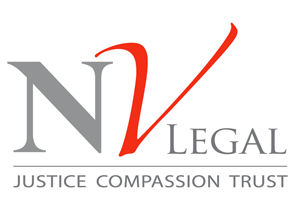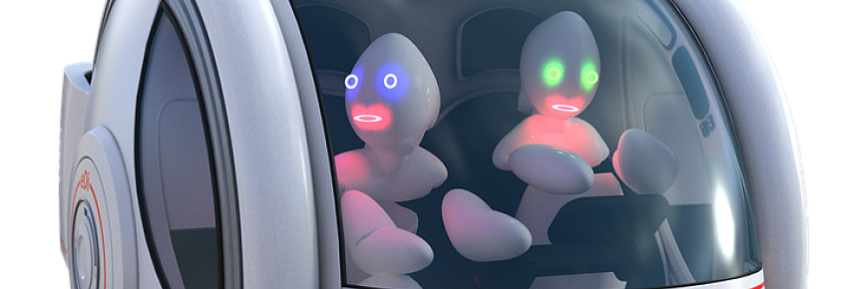Self-drive vehicles in legal loophole
The definition of what constitutes an ‘automated vehicle’ needs to be addressed as there is currently a loophole which will leave injured people having to pursue product liability claims against the manufacturer, rather than a personal injury claim, according to the Association of Personal Injury Lawyers (APIL).
Regulation of automated vehicles is currently under consultation as part of a joint project between the Law Commission of England and Wales and the Scottish Law Commission.
The consultation runs from 2018 to 2021, the second consultation paper was published in October 2019 and the third consultation, this year, will draw on responses to both previous papers. Final recommendations will be published in 2021.
Driving automation includes a broad range of technologies from cruise control to vehicles that drive themselves with no human intervention. The consultation looks at automated driving systems which do not need human drivers for at least part of the journey.
The consultation covers a variety of emerging issues including criminal and civil liability.
With the introduction of automated vehicles, questions arise about criminal and civil responsibility if things go wrong. The Commissions are consulting about amendments to the law to make it clear where responsibility lies. They will consider;
If an automated driving system drives a vehicle in a way that would amount to a road traffic offence if done by a human driver, should the entity behind the system be subject to a system of regulatory sanctions?
Should the human user of an automated vehicle be shielded from criminal liability in those circumstances? Should they be responsible for their fitness to oversee the vehicle in circumstances where they will drive for part of the journey? What responsibilities should users of automated vehicles have?
The Commissions are seeking views on the Automated and Electric Vehicles Act and the law of product liability.
A spokesperson at APIL said: “The consultation suggests that public transport operators who use these vehicles must demonstrate that they are of good repute and are professionally competent.
“They should also ensure that the vehicles are adequately supervised. Those who privately own vehicles that can be driven without a ‘user in charge’ will have to ensure that they have a contract in place for maintenance and supervision of the vehicle.
“APIL welcomes that these vehicles will be supervised but maintains that the definition of an ‘automated vehicle’ creates a loophole.”
Useful links: Law Commission


